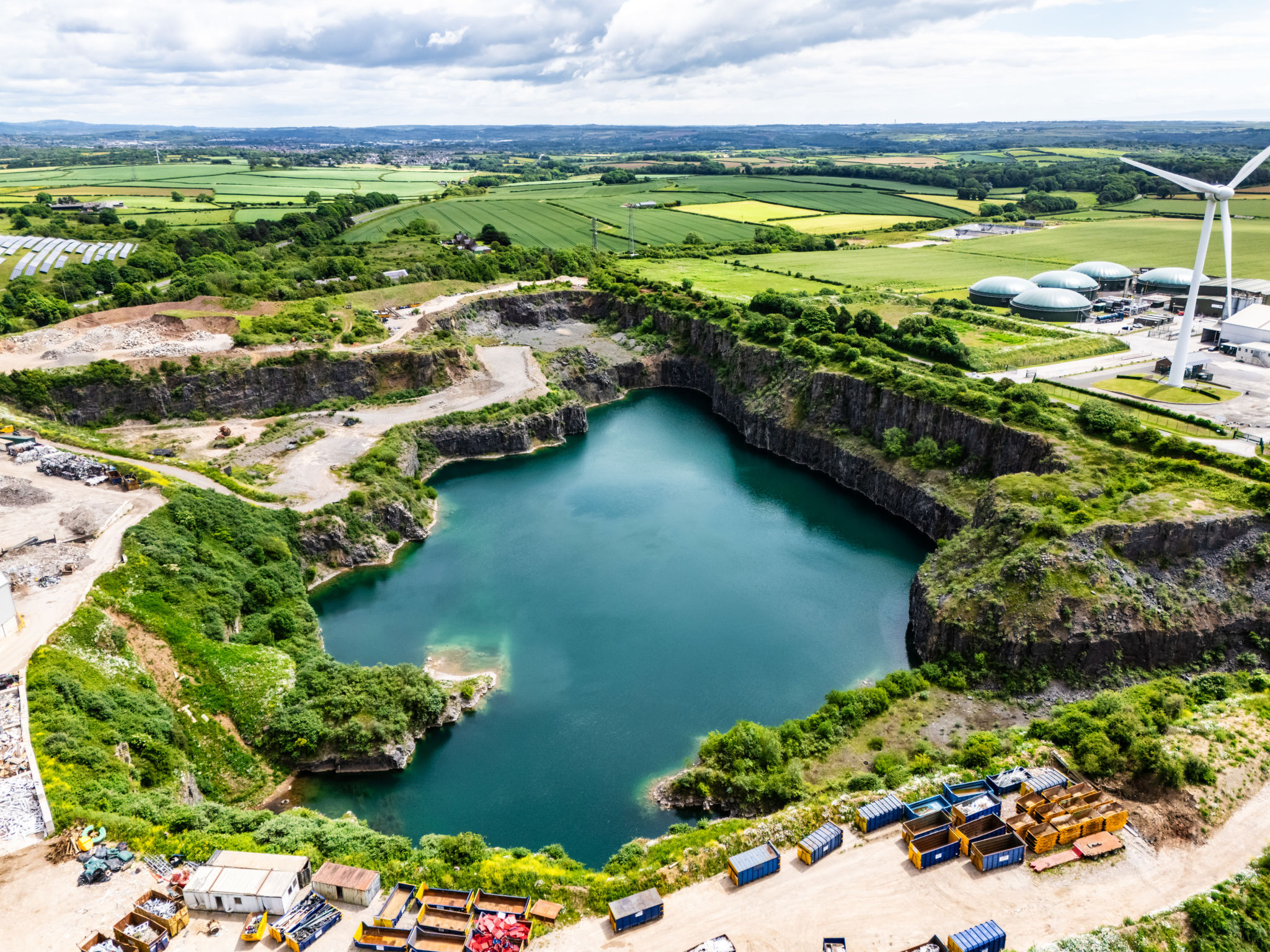Optimizing Water Management in Mining: Innovative Solutions and Trends
Introduction to Water Management in Mining
Water management is a critical component of mining operations, impacting both the environment and the efficiency of resource extraction. As global demand for minerals increases, so does the need for innovative solutions to optimize water use in mining. By implementing cutting-edge technologies and strategies, mining companies can reduce their environmental footprint and improve operational performance.

Challenges in Mining Water Management
The mining industry faces several challenges related to water management. These include water scarcity, pollution, and regulatory compliance. In many regions, water is a limited resource, necessitating efficient use and recycling within mining operations. Moreover, managing wastewater and preventing contamination of local water bodies are crucial environmental responsibilities for mining companies.
Water Scarcity and Conservation
Water scarcity is a pressing issue in many mining regions. To address this, companies are adopting water conservation measures such as recycling and reusing process water. Advanced technologies like membrane filtration and reverse osmosis are being employed to treat wastewater, allowing it to be reused in mining processes.
Addressing Pollution and Contamination
Preventing pollution and contamination is another significant challenge. Mining activities can release harmful substances into the environment if not managed properly. Implementing effective tailings management systems and investing in water treatment facilities are essential steps in minimizing the environmental impact of mining operations.

Innovative Solutions for Water Management
Emerging technologies are playing a pivotal role in optimizing water management in mining. From data analytics to automated monitoring systems, these innovations help companies manage water resources more efficiently.
Smart Water Management Systems
Smart water management systems utilize sensors and IoT technology to monitor water usage and quality in real-time. These systems provide valuable data that enables mining companies to make informed decisions about water usage and conservation. By detecting leaks or inefficiencies promptly, these technologies can significantly reduce water wastage.
Sustainable Practices and Technologies
Adopting sustainable practices is essential for responsible mining. Technologies such as dry stacking of tailings, which reduces water usage compared to traditional methods, are gaining popularity. Furthermore, integrating renewable energy sources in water treatment processes can decrease the carbon footprint of mining operations.

Trends Shaping the Future of Water Management in Mining
The future of water management in mining is being shaped by several key trends, including increased regulatory scrutiny, community engagement, and collaboration across industries.
Regulatory Pressures and Compliance
As governments enforce stricter environmental regulations, mining companies must adapt by implementing comprehensive water management strategies. Compliance with these regulations not only mitigates legal risks but also enhances a company's reputation as a responsible corporate citizen.
Community Engagement and Collaboration
Engaging with local communities and stakeholders is becoming increasingly important for mining companies. By collaborating on water management initiatives, companies can build trust and ensure that their operations benefit local populations. Partnerships with other industries can also lead to innovative solutions for shared water challenges.
Conclusion
Optimizing water management in mining is essential for sustainable development and operational efficiency. By embracing innovative solutions and staying abreast of industry trends, mining companies can address the challenges of water scarcity and pollution while meeting regulatory requirements. As the industry evolves, collaboration and transparency will be key to ensuring that water resources are managed responsibly for the benefit of both businesses and communities.
